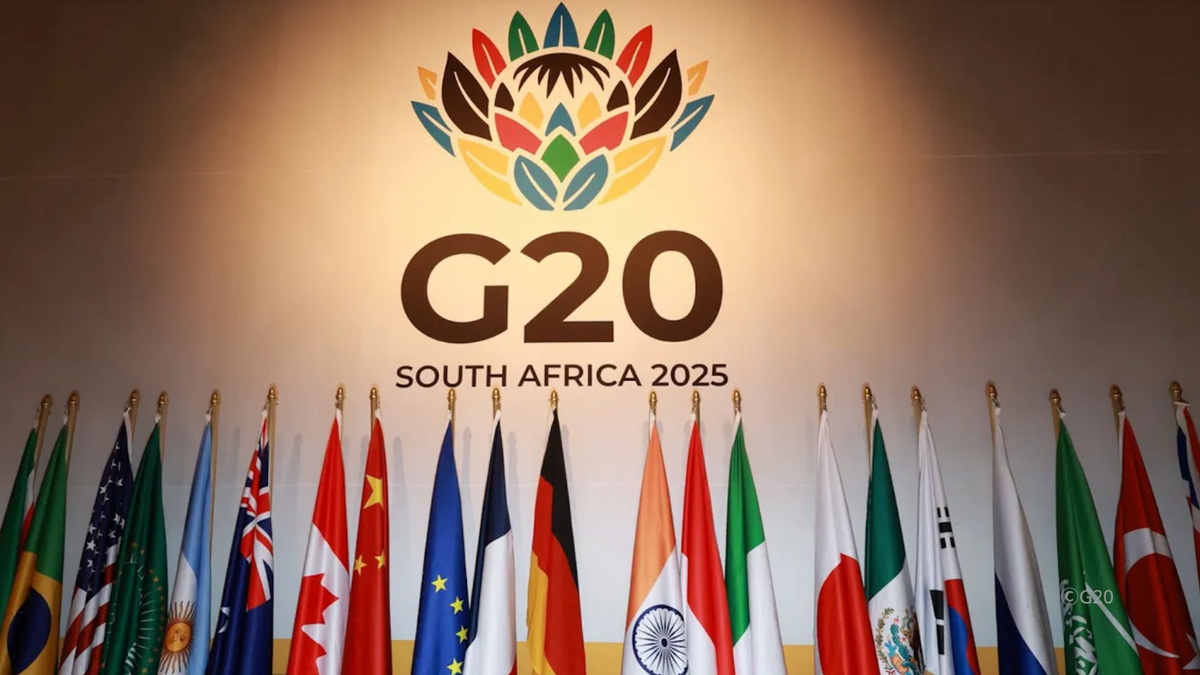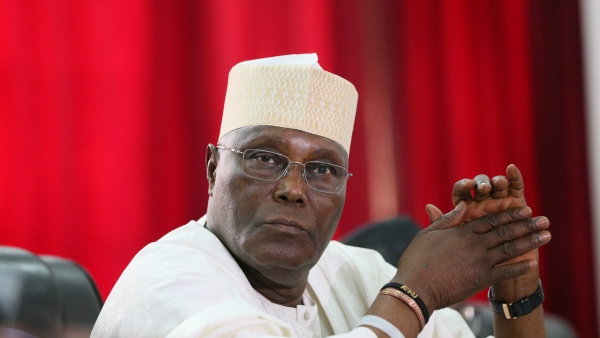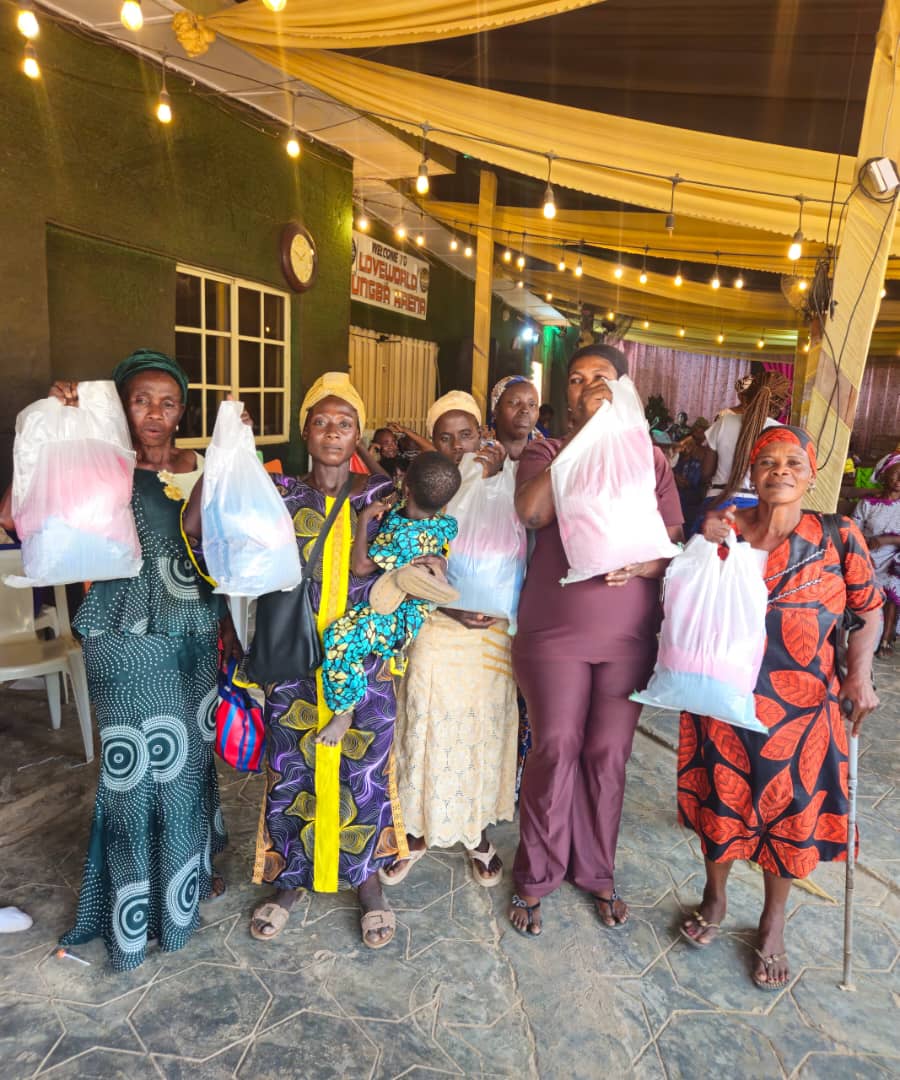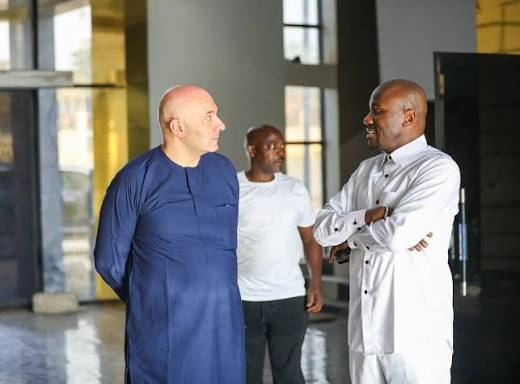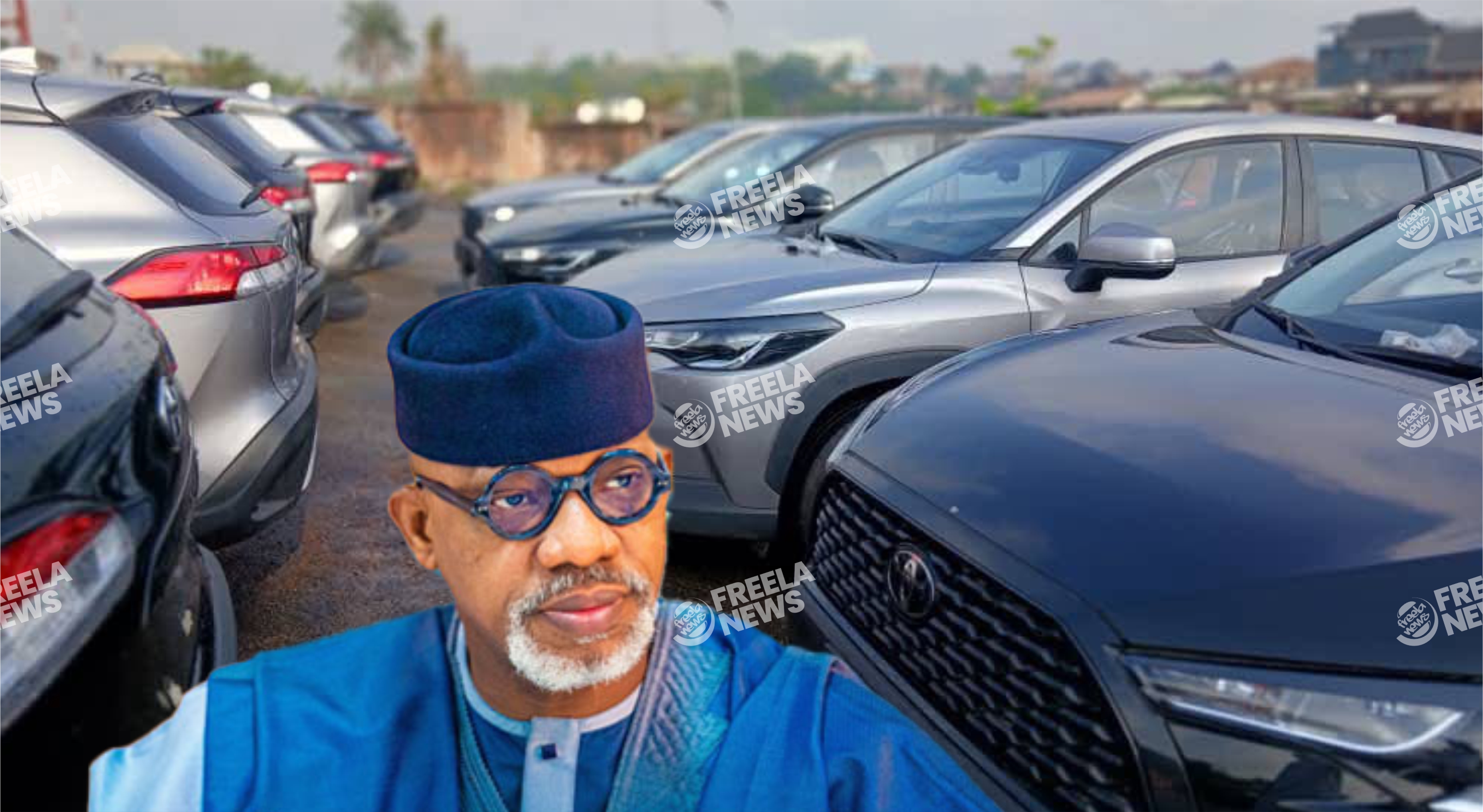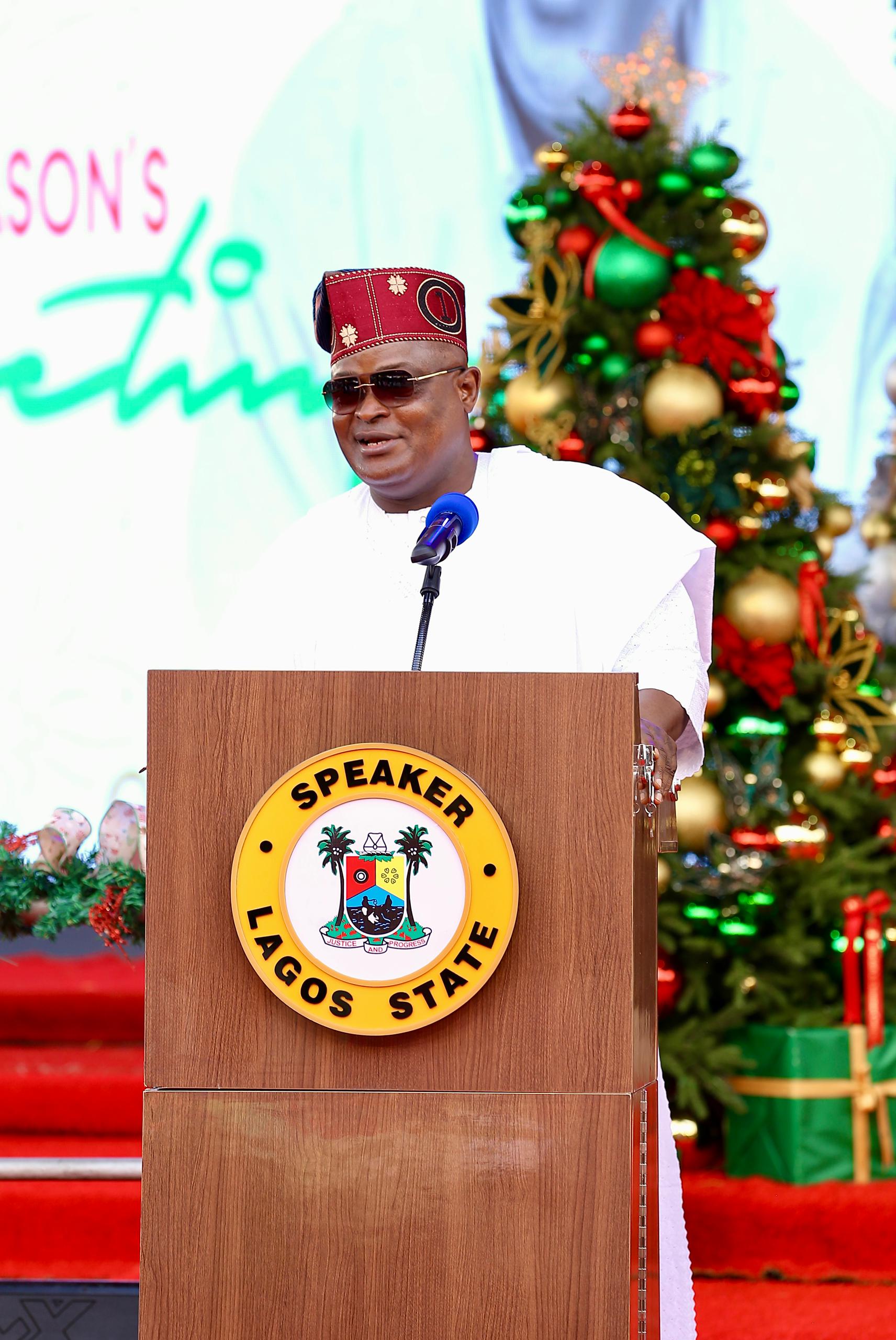The G20 Summit in Johannesburg marks a historic success as South Africa leads the first African-hosted meeting amid global uncertainty
The G20 Summit in Johannesburg has officially begun, making history as the first-ever meeting of the world’s largest economies on African soil.
Also read: Urgent UNICEF warning after Kebbi school abductions
South Africa, holding the rotating presidency, welcomed leaders against a backdrop of rising global uncertainty and economic challenges.
President Cyril Ramaphosa highlighted the summit’s theme, “Solidarity, Equality, Sustainability,” emphasising South Africa’s commitment to fostering inclusive growth, disaster resilience, and a just energy transition.
The summit also seeks to harness critical minerals for sustainable development across the continent.
Despite the historic occasion, tensions were evident. The United States confirmed a boycott of the summit, with President Donald Trump labelling South Africa’s presidency a “total disgrace” and imposing tariffs.
Yet, Pretoria maintained a confident stance, framing the gathering as a powerful platform for African influence on the global stage.
The summit is hosted at the Nasrec Expo Centre in Johannesburg, chosen to symbolise post-apartheid spatial integration.
The venue, adjacent to the 2010 FIFA World Cup final stadium, has drawn international attention to both the opportunities and challenges facing South Africa’s largest city.
Experts, including a team led by Nobel laureate Joseph Stiglitz, have stressed the urgency of addressing global wealth inequality.
The summit’s discussions are expected to explore innovative solutions to the “inequality emergency” affecting billions worldwide.
South Africa’s historic G20 Summit demonstrates a bold step in Africa’s growing geopolitical role.
Also read: Urgent UNICEF warning after Kebbi school abductions
With carefully orchestrated initiatives and high-level dialogues, the country positions itself as a catalyst for global economic progress, despite the absence of some major leaders.


